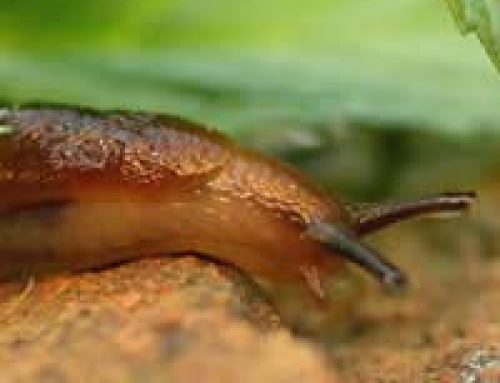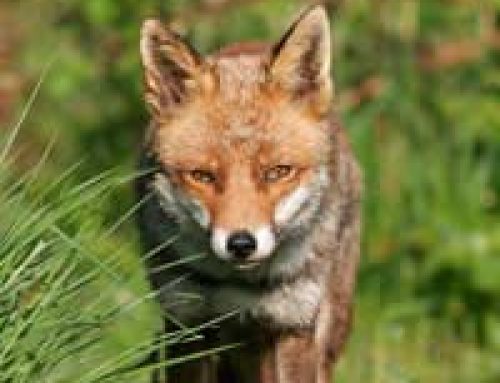 One of the best things about keeping a nice garden is the wildlife that may visit it. This will vary depending upon both your local environment and also by the kinds of wildlife you may want to attract but there are certain steps you can take to encourage wildlife to visit your garden which will make it a more joyous place in which to spend time.
One of the best things about keeping a nice garden is the wildlife that may visit it. This will vary depending upon both your local environment and also by the kinds of wildlife you may want to attract but there are certain steps you can take to encourage wildlife to visit your garden which will make it a more joyous place in which to spend time.
Attracting the Wildlife
The great thing about attracting wildlife to your garden is that many of the decorative features you’ll probably want to install into your garden’s design are also designed to attractive wildlife. For example, a bird box, bird table or bird bath will quite obviously bring in plenty of species of feathery, winged creatures and a pond can attract frogs and toads.
It’s important to remember the three basics of attracting wildlife into your garden which, unsurprisingly, are shelter, food and water. These bare necessities for all creatures, however, can come in all forms, shapes and sizes. For example, if you like insects – and, believe it or not, there are a lot of insect enthusiasts out there, a well maintained compost bin will attract a whole host of creatures like snails, spiders, centipedes and this will not only enhance the quality of your compost but will also provide much needed food for birds who’ll soon come to learn that the compost bin is a much more attractive place for foraging than next door, perhaps, where the few crumbs of bread your neighbour’s left out for them on the bird table simply won’t do when faced with a feast in your compost bin.
Even simple things like leaving a plant pot upside down can make a splendid shelter for frogs and toads and if you keep logs in the garden for firewood, keep a few aside and, by drilling some holes in them, you can attract bees which are vital pollinators over the summer months. A pile of logs will also give a hedgehog a home.
Nettles and ivy might not seem the most attractive things to have growing around the garden but properly managed, they attract various species of colourful butterflies which are a sight to behold in the summer months.
Water is the key to sustenance for all forms of life so, even if you don’t have a pond, keep your garden watered, or better still, install a water butt which will not only conserve water but will attract many creatures looking for a drink.
Protecting the Wildlife
The trend towards organic gardening has exploded over the past few years with people reverting to more natural methods in which to balance their desire to have beautiful flowers, plants, vegetables and fruit with a need to also protect the environment and the wild species that live within it. Not only that, food grown organically tends to taste even better. There has been a growth in looking at alternatives to using pesticides and herbicides in the garden which can only be good for the ecological balance and this trend will hopefully grow even further. There are plenty of good organic gardening resources out there on the internet and in book shops to help you find out more.
If you keep domestic pets, their health can be put at great risk if you use pesticides and, in some cases, it can even be fatal. On the pet note, make sure your dog or cat is discouraged from messing around with any wildlife and teach your children to have a healthy respect for the wildlife that ventures into your garden.
Before mowing or doing any kind of cultivating or chopping down, make sure that no nesting area or other forms of wildlife shelter could be disturbed or destroyed by your work. Keep things like vents and chimneys covered so that wildlife retains its beauty and mystique and avoids becoming a pest by taking up residence inside your home.
Never automatically assume that any young wildlife seemingly on its own has been abandoned by its parents. Checking the young in a bird’s nest, for example, should be discouraged as it’s likely that the adults are nearby gathering food and your presence might result in them abandoning the nest. You should only really worry about a young animal or bird if you’re certain it’s injured, then you should call the relevant authorities such as the RSPCA or RSPB.
Attracting wildlife into your garden and protecting it when it’s there is one of the most rewarding pleasures of keeping a nice garden and, whilst some gardeners might prefer a wildlife free ‘zone’, for those that want their garden to reflect the natural environment around them, there are plenty of things you can do to ensure that your garden becomes a regular ‘just passing through’ point for an abundance of different species of wildlife.



Leave A Comment